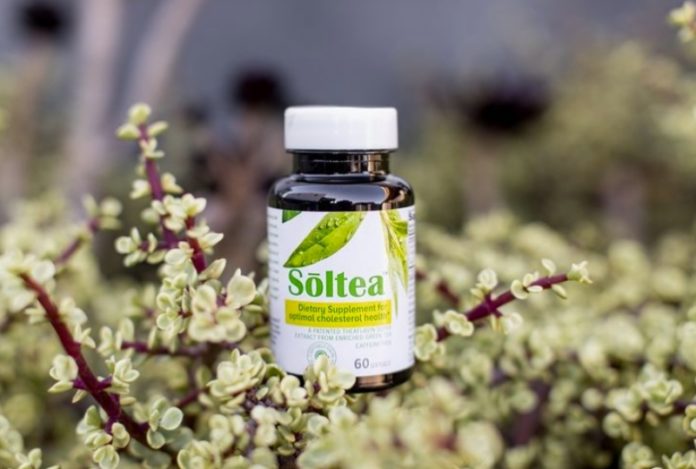Cholesterol travels through our bloodstreams on lipoproteins. The human body has two primary types of lipoproteins, low-density lipoproteins (LDL) and high-density lipoproteins (HDL). You’ve probably heard them referred to as “good” and “bad” cholesterols.
HDL is considered the good one because it absorbs cholesterol and carries it to the liver, where it’s flushed out. LDL, on the other hand, is known as bad cholesterol because having too much of it can lead to build-up of LDL along the walls of the blood vessels. This is called plaque and can lead to all sorts of health problems, including stroke and heart disease.
A simple blood test at your doctor’s office will give you a clear picture of your LDL and HDL levels. Ideally, your HDL would be high and your LDL would be low. But what if it’s not?
Lowering Bad Cholesterol
If your LDL levels are borderline or a little high, your doctor may recommend dietary or lifestyle changes, such as exercise or medication.
Dietary Changes to Lower Cholesterol
- Limit foods high in saturated fat.
- Choose lean meats, low-fat or fat-free dairy products, whole grains, and veggies.
- Eat foods naturally high in fiber like oatmeal and beans.
Lifestyle Changes to Lower Cholesterol
- Maintain a healthy weight.
- Exercise regularly. A total of 2.5 hours a week is a good place to start. Even things like taking the stairs instead of the elevator or doing jumping jacks or squats during commercial breaks count!
- Stop smoking.
- Reduce alcohol consumption.
Medications to Lower Cholesterol
Statins are one of the most commonly prescribed medication groups for lowering bad cholesterol. Statins slow down the liver’s production of cholesterol and increases the liver’s ability to remove LDL cholesterol from the blood.
Tea Extract to Lower Cholesterol
If you’re hesitant to take medication, talk to your physician about natural remedies such as tea extract. Green tea has been scientifically proven to lower bad cholesterol. Want more data?
A double-blind, randomized and placebo-controlled study showed a 16% reduction in LDL levels among participants with moderately high cholesterol who took tea extract for 12 weeks. Sixteen percent may not sound like a lot. And it’s not as much as a decrease with statin medications. But combined with other healthy lifestyle changes, it may be enough to get you to your goal.
Beneficial Supplements
Taking a pair of Soltea™ tea extract softgels in the morning is a lot easier than trying to drink its equivalent: 35 cups of tea! Plus, you don’t have the side effects often associated with caffeine. Reduce your cholesterol naturally.
Don’t live with a broken heart…take Soltea every morning instead.
Have a question for Soltea? Fill out the form below:



























